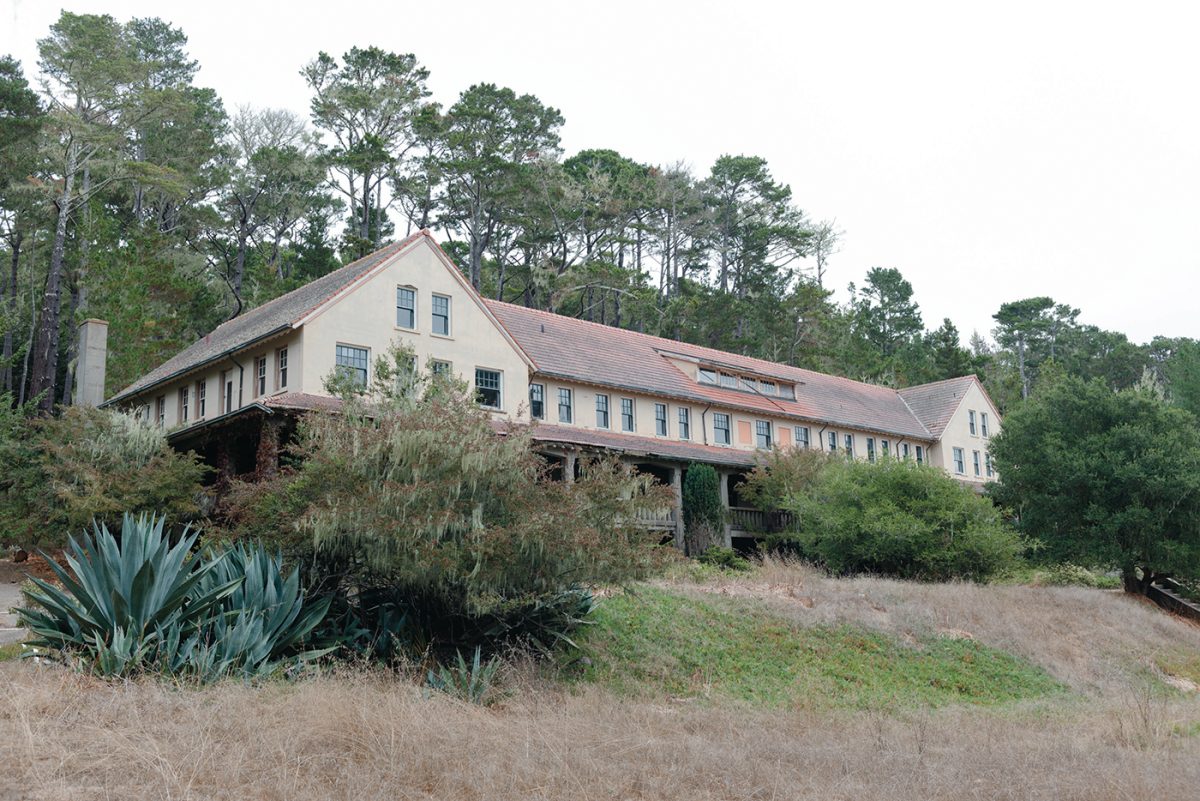For years, the Marconi Conference Center squeaked by, cut off from limited California State Parks funding and strapped for the cash necessary to restore the . . .
Major rehab planned for Marconi


For years, the Marconi Conference Center squeaked by, cut off from limited California State Parks funding and strapped for the cash necessary to restore the . . .